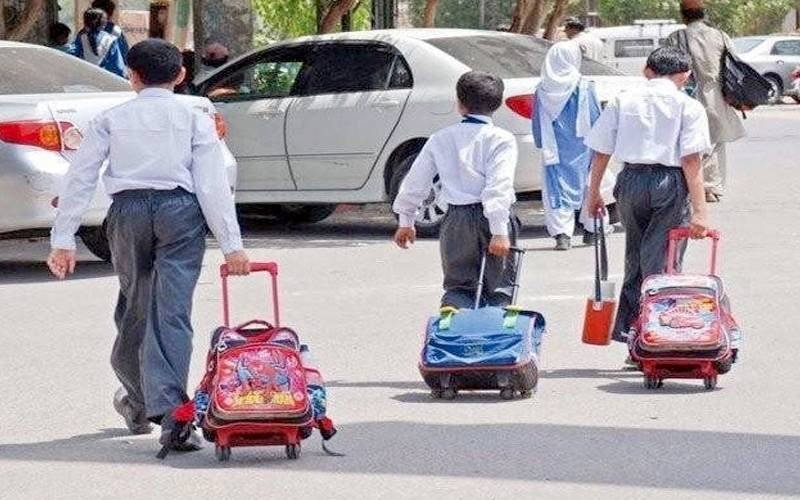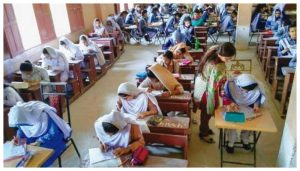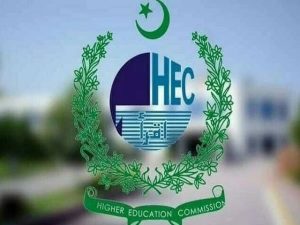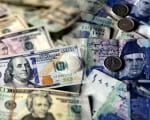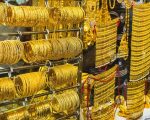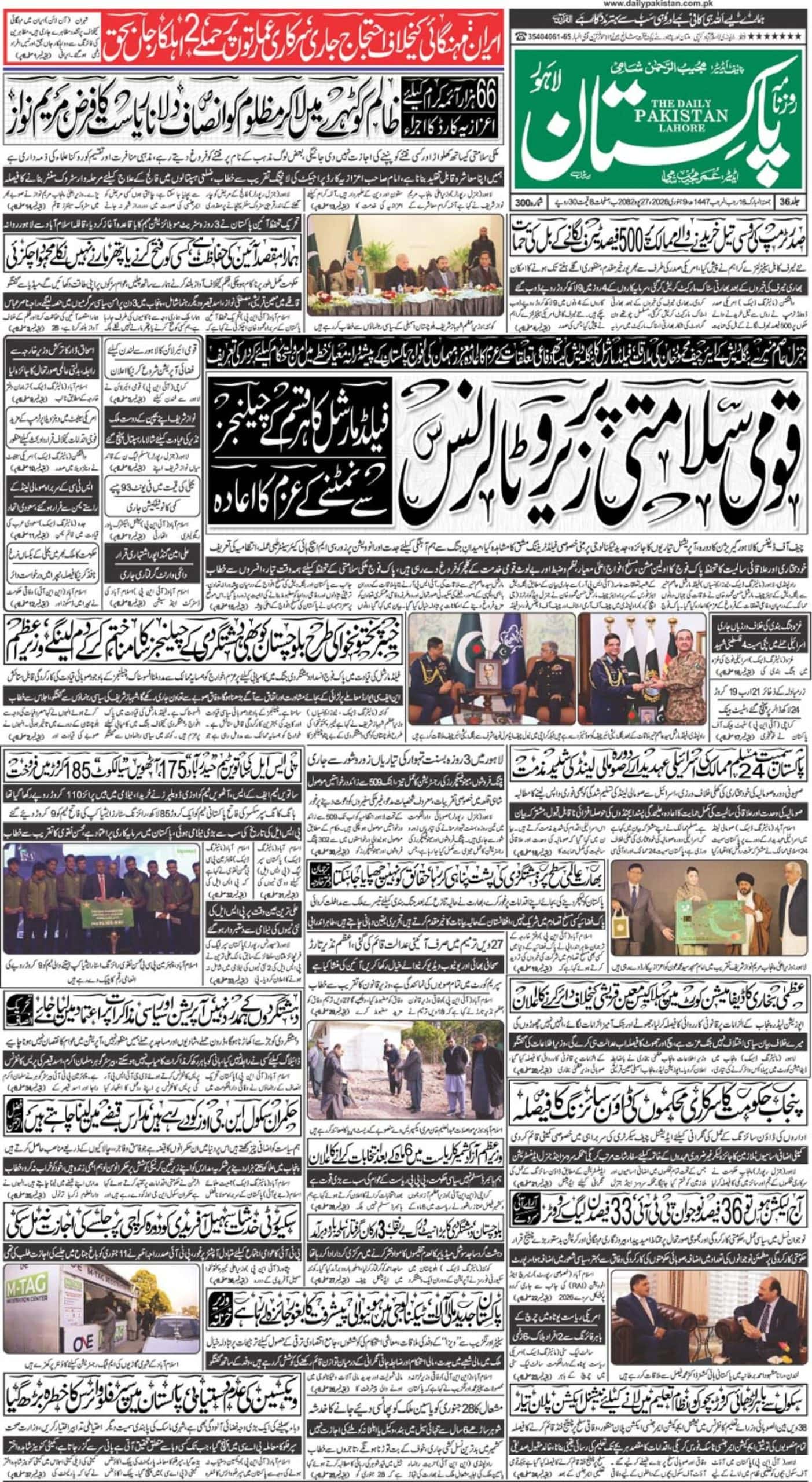Islamabad – The Competition Commission has issued show-cause notices to 17 major private school systems in the country for conditionally selling notebooks, workbooks, and uniforms bearing school logos.
According to reports, the Competition Commission of Pakistan has issued show-cause notices to 17 major private school systems for abusing their dominant position in the education sector by forcing students and parents to purchase expensive school-logo notebooks, workbooks, and uniforms only from the school or school-approved shops.
The Commission initiated a suo motu inquiry after receiving complaints against such schools.
The report states that the inquiry found clear evidence that these school systems, across their thousands of branches and franchises, compel hundreds of thousands of enrolled students—and new admissions as well—to purchase the school’s own notebooks, uniforms, and workbooks at high prices from the school or specific shops.
These schools have imposed strict rules—under the guise of guidelines and policy—requiring parents to purchase the school’s own products, leaving them with no option to buy comparatively cheaper notebooks and other educational supplies from the open market.
The schools served show-cause notices by the Competition Commission include Beaconhouse School System, The City School, Head Start, Lahore Grammar School, Froebels, Roots International, Roots Millennium, KIPS, Allied Schools, Supernova, Dar-e-Arqam, STEP School, Westminster International, United Charter School, and The Smart School.
These institutions operate hundreds of campuses nationwide and influence a large number of students, giving them significant market power.
The Commission’s inquiry found that parents are forced to buy logo-printed stationery, workbooks, and uniforms only from school-selected vendors. In many schools, mandatory study packs are provided through online portals or designated shops, and students are generally not allowed to use notebooks or uniforms purchased from the open market.
According to the inquiry report, the prices of many study packs were found to be up to 280% higher compared to similar items available in the open market. Additionally, appointing exclusive vendors severely restricts the market for thousands of stationery sellers and small uniform manufacturers.
The report states that such arrangements amount to “conditional selling,” which violates competition law. High switching costs for students transferring between schools, limited educational alternatives, and travel difficulties force parents to comply with all commercial decisions imposed by schools. As a result, students become “captive consumers” who are subjected to the misuse of market dominance by school administrations.
It was further noted that nearly half of all enrolled students in Pakistan study in private schools. During a period of rising inflation, expensive branded study packs and uniforms are creating additional financial pressure on parents and raising serious concerns about unnecessary commercial practices in the education sector.
The Commission has directed all these school systems to submit their written responses within 14 days.
It has warned that failure to submit a response within the stipulated time will result in ex parte action, and under the law, the Commission has the authority to impose a penalty of up to 10% of a business’s annual turnover or 750 million rupees, whichever is applicable.

